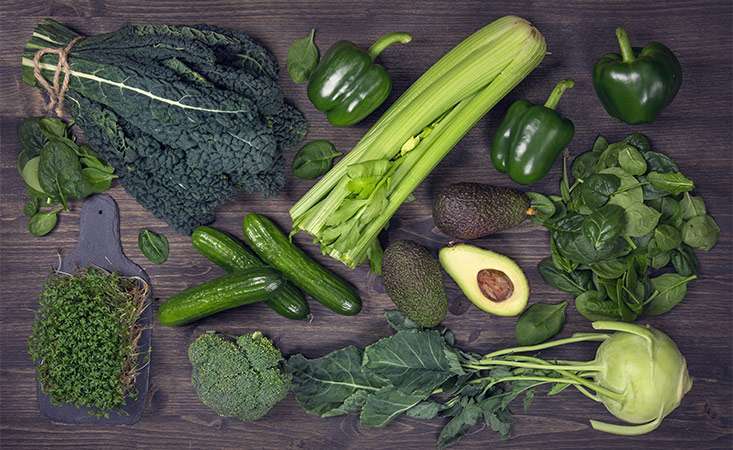
With so many different diets out there, it’s hard to determine which diet can work best for you, especially if you’re a cancer patient.
One diet that has been getting a lot of attention is the alkaline diet — a diet consisting of foods thought to promote alkalinity (as opposed to acidity) in the body and help balance pH levels.
The alkaline diet pushes beans, vegetables and fruits suggesting that they are alkaline. Meats, dairy and processed foods are considered to be acidic and therefore not recommended.
Some in the diet and nutrition world have touted that alkaline diets can help prevent or reduce the risk of cancer, although according to American Institute of Cancer Research (AICR), the findings that acidic foods elevate cancer are not substantiated.
In looking at the current findings on alkaline diets, the AICR stated:
“What you eat can have a profound effect on your cancer risk, but the acidity or alkalinity of foods is not important.”
Regular Fix contributor Maria Petzel, senior clinical dietitian at MD Anderson Cancer Center and a member of the Scientific and Medical Advisory Board at the Pancreatic Cancer Action Network (PanCAN), echoed this sentiment and added that the foods being promoted in an alkaline diet are more or less the same foods you’ll find in a plant-based diet, which do benefit cancer patients.
“Our kidneys, lungs and skin are responsible for maintaining a very narrow pH range in the body,” said Petzel. “The waste products of this system are removed in our urine, sweat, saliva and the air we exhale. Though it may seem that the diet is making changes in our body’s pH it will only have an effect on the pH of these waste products. It is unfortunate that many individuals are falsely scared into spending money on pH testing kits or worse, expensive units to ‘alkalize’ the water they drink.”
When individuals inquire about the alkaline diet, Petzel explains, though the reasoning behind the diet is flawed, in general the suggested foods are good choices.
“I encourage patients to follow a diet full of vegetables, fruits, whole grains, beans, seeds and nuts — limited in red meat, preserved meat and processed foods.”
Come back to our blog each week for more Friday Fix: Your Weekly Nutritional Supplement.















